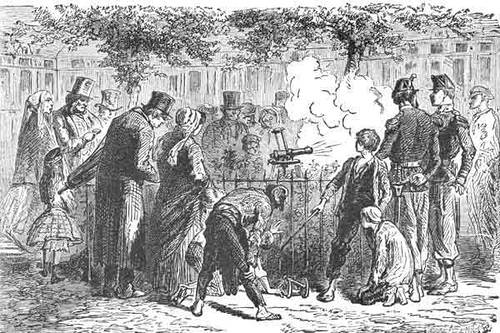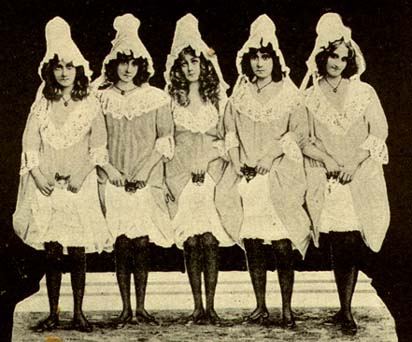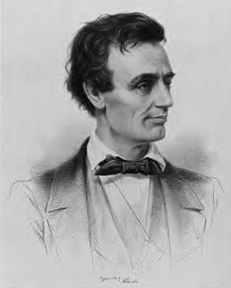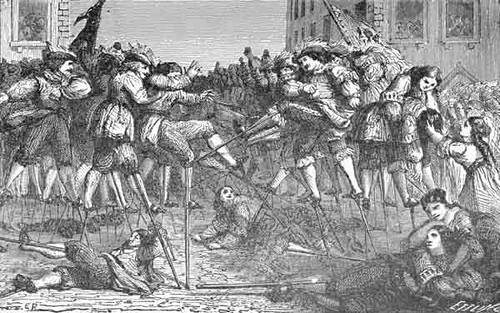Lady Henriette Felicite must have been surprised to learn that her drowned son was alive and working as a butcher in Wagga Wagga, Australia. Even more strangely, he had grown fat, his black hair had turned brown, and he no longer spoke French. But she was desperate to reclaim him, and in 1865 he joined her in Paris.
It was a fruitful reunion. “Sir Roger” accepted an allowance of £1,000 a year and resumed his life, winning the support of the Tichborne family solicitor, his former companions in the 6th Dragoon Guards, and several county families and villagers.
But his fortunes fell when Lady Tichborne died and he was accused of imposture. Though more than 100 people vouched for his identity, he ultimately lost his bid for the inheritance and served 10 years in prison for perjury.
We’ll never know who he really was — but his grave is marked Sir Roger Charles Doughty Tichborne.





